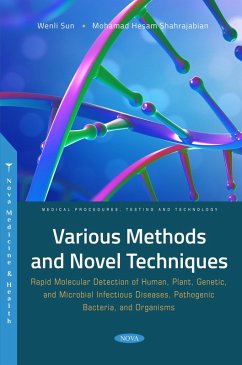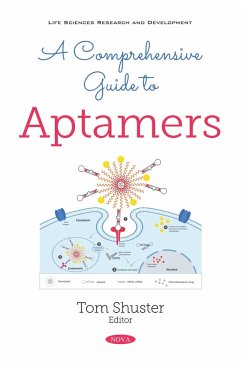What is a Life? How did it appear? What principles underlie its functioning? Similar questions have accompanied man since birth. People of all ages have tried to answer these questions on the basis of the maturity of the available knowledge and techniques. This is why the theory of evolution preserves, even in modern science, a central role, embracing all the spheres of biology, physics and medicine. The modern concept of evolution is extremely simple; nevertheless, many scientists still show great difficulties in incorporating and integrating this concept into their work. One of the main errors is the assumption that the different species developed along an "e;evolutionary scale"e;, from bacteria to animals, more or less complex, up to man, which would therefore represent the apex of evolution. Most people, who wish to and are living a long life remaining active and cheerful until old age, are increasingly seeking doctors' help. What is health? Some believe that it is the absence of diseases and physical defects. For some, it is a state of physical, mental and social well-being. However, despite the different definitions of this concept, everyone agrees that health is a leading factor in determining the quality of our lives. Health is influenced by many factors. Some of them improve health others worsen it (risk factors). Some experts have compiled a list of the main factors affecting health and given an indicative assessment of the degree of importance of each of them. This includes lifestyle, environmental influences, quality of medical care and heredity. A physician who regularly observes a given individual has to face challenges that modern medicine hasn't sufficiently researched and developed, assess the individual risk of developing a disease, identify early markers of change leading to disease development and individually select the corrective actions. It should be noted that one of the most important conditions for long-term preservation of health is the development of methods from the earliest possible diagnosis of diseases at the preclinical stage. This book combines the experience of clinical and laboratory research as well as some basic philosophy ideas of a group of scientists who, starting from an individual point of view, were able to synthesize and make available to other colleagues a new way of view of human organism and explaining the events that can trigger pathological conditions, including cancer, autism, diabetes and other chronical diseases.
Dieser Download kann aus rechtlichen Gründen nur mit Rechnungsadresse in A, B, BG, CY, CZ, D, DK, EW, E, FIN, F, GR, HR, H, IRL, I, LT, L, LR, M, NL, PL, P, R, S, SLO, SK ausgeliefert werden.









